|
‘Open-ended questions can help clients reflect and generate knowledge of which they may have previously been unaware.’ (Jeremy Sutton) You may have noticed when you order or buy something that, before asking you for payment, the salesperson may ask, ‘Anything else?’ It’s a simple prompt that, when posed, may cause you to remember something, or to make a choice vis a vis something over which you had been wavering. This same approach can be useful in coaching. A coach could ask during the contracting stage: ‘Is there anything else we should be talking about?’ It can sometimes reveal a very significant issue that, until invited, feels unclear to the client, lays out of conscious awareness or has not yet been aired. In action learning, similarly when a facilitator invites a presenter to say something more about the issue they would like to think through, insights that come to mind or actions they plan to take, they can ask, ‘Anything else?’ A presenter, when prompted, will often respond with: ‘Oh yes, and…X’ So, now for a brief moment of reflection. What ideas come to mind for you now as you read this blog? Jot down those that surface immediately… then pause for a moment before moving on to something else in your busy schedule. Ask yourself: ‘Anything else?’ and see what may emerge.
8 Comments
‘You can never really know someone completely. That’s why it’s the most terrifying thing in the world, really – taking someone on faith, hoping they’ll take you on faith too. It’s such a precarious balance. It’s a wonder we do it at all.’ (Libba Bray) There’s an idea in Gestalt psychology that we’re predisposed, hard-wired, to ‘fill in the gaps’. Here’s a real and practical example. I was once invited to facilitate a conference of around 50 people from diverse professional backgrounds in the housing sector. I had never met anyone in the group and they had never met me. I stood up on the podium, introduced myself simply as ‘Nick Wright, an organisation development consultant from England’, then invited everyone to take a pen and paper. I explained that I would ask them a series of questions about myself, to which they were to guess the answers. ‘Which newspaper do I read?’ ‘What political party will I vote for at the next General Election?’ ‘Am I married, or single?’ ‘What is my professional background?’ ‘What’s my favourite hobby outside of work?’ I then asked who had been able to answer every question. Everyone raised their hands. I now invited them to draw a simple face against each of their answers – which they wouldn’t be expected to share in the group. A happy face meant their answer drew them towards me; an unhappy face that it pushed me away. A neutral face meant, well, neutral. Again, everyone managed to do it. I paused and invited them to reflect at their tables on what had just happened. Person after person said how astonished they felt at how quickly and easily they had created a profile of me in their minds, and how that had influenced how they felt about – and were now likely to respond and relate to – me. They had filled in the gaps of not-knowing by drawing on hopes and fears, past experiences, personal projections, cultural assumptions etc. Filling in the gaps enables us to relate quickly to others rather than starting every relationship as if from scratch. It also risks unhelpful stereotyping and bias. This raised important questions for participants at the conference so I offered 3 principles: compassion, curiosity and challenge. Compassion: ‘What do I need to feel safe to contribute in this group? ‘How can I demonstrate a compassionate stance towards others?’ Curiosity: ‘What assumptions am I making about those around me, e.g. based on their looks, accent or job title?’ ‘Who or what is influencing the ways in which I’m thinking about, feeling about and responding to others?’ Challenge: ‘What am I not-noticing about those around me?’ ‘How open am I to have my beliefs about others tested?’ 'Listen with curiosity. Speak with honesty. Act with integrity.' (Roy T. Bennett) Action Learning facilitators sometimes feel concerned about what might happen in a set (a small group of peer-coaches) and how they might handle it if it does. When we discuss these kind of troubleshooting scenarios in training, I often notice that facilitators feel a sense of personal responsibility to manage anything and everything that might happen. Apart from placing a lot of pressure on the facilitator which could, in the moment, inhibit psychologically their ability to handle any challenges that may arise anyway, it also misses the self-resourcing potential of a group. The key often lays in shifting the facilitator’s stance from control to curiosity. This doesn’t mean abandoning the governance role of the facilitator altogether, for example to ensure that agreed ground rules and process are followed appropriately. It does, however, mean approaching any challenges that emerge in an invitational tone. For instance, if the group is very quiet, or conversely very talkative, and this leaves the presenter perhaps with little stimulus or space for reflection, the facilitator can offer this as a judgement-free observation, like holding up a mirror to the set. ‘I’m noticing the group seems very quiet. I’m wondering what that might mean?’ Or, ‘I’m wondering what we might need?’ It could be that participants don’t know and trust each other well enough yet. It could be that they don’t believe they have understood the presenter’s challenge and feel nervous to admit it. It could be that they feel insecure about posing a ‘wrong’ question in front of peers. It could be they have an introverted preference and simply need time to reflect before framing a question. A spirit of curiosity can open things up, release stuck-ness and move things forward. ‘The art of teaching is the art of assisting discovery.’ (Mark Van Doren) This looks and feels so very different to my own school days. It has been fascinating to explore the spirit and approach to working with students at a Montessori school in Germany over the past few weeks. Laura, an English language teacher from Romania, sets out a creative range of different activities in a classroom. The children look around and choose whichever activity appeals most to them. Every activity involves doing something physical, not just thinking. I’m struck by how the teacher chooses to offer only minimal explanation. Each student works at their own level and pace and problem-solves for themselves, or with others, if they get stuck. The teacher is available – if needed. Kathrin, a maths teacher, invites the students to sit in a circle and introduces me, briefly. She invites the students to practise English by asking me questions directly, questions to which the answer must be a number. They ask, ‘How tall are you?’, ‘How much do you weigh?’, ‘What’s your shoe size?’, ‘What did your trainers cost?’ etc. We notice that the measures I use in the UK are different to those they use in Germany. This sparks curiosity and the students work out how to convert the numbers I give them into those that are meaningful for them. The teacher writes each number on a large sheet of paper, then uses those numbers as the basis for introducing a maths method for that day. Melina, also an English language teacher, from Mexico, works with those students who find learning difficult. She uses a creative range of short, energetic, and fast-paced techniques that capture and hold their attention. Again, I’m struck by the use of physicality in the activities she facilitates. She adopts an evocative elicitation-based stance, stimulating the students to lead the activities, to play an active role and to work out the answers for themselves. (I noticed my own temptation to step in if they got stuck and, paradoxically, how often they didn’t need my help – if I simply allowed them time and space to resolve their own challenges). I'm a student among students and I feel inspired. 'To err is human. To blame it on someone else shows great management potential.' That made me laugh! It’s a fun variation of Hubert H. Humprey’s, ‘To err is human. To blame someone else is politics.’ But wow – how easy it is to deflect and project our own faults and failures outwards onto others. We see it happen all over the place, from interpersonal relationships to international relations. It’s a way of defending ourselves; of trying to avoid or escape the costs of responsibility; of promoting ourselves; of appearing innocent or superior. It’s about helping us to feel good about ourselves and-or wanting someone else to feel good about us. It's quite tricky if we don’t know we’re doing it – and it can lead to potential high-risk consequences. ‘Self-deception is like this. It blinds us to the true causes of problems, and once we’re blind, all the solutions we can think of will actually make matters worse.’ (Arbinger Institute: Leadership and Self-Deception, 2000). This poses a difficult question: how to deal with our blindness if we don’t know we’re blind? And what if, if we’re honest – for whatever reason – we don’t want to know? An old adage goes: ‘There are none so blind as those that won’t see.’ Ignorance is bliss? I’ll start with the last question first. If I’m working with a person in coaching or a group in action learning and I sense resistance in this area, I won’t push too hard. It could, for instance, trigger repressed trauma or suppressed anxiety. Instead, I may pose an invitation, e.g. ‘Is this something you would find useful to explore further? What, for you, would be the potential benefits of exploring this, or the potential costs of not exploring it? If you were to explore this, what support or challenge would you need from yourself, me and-or others?’ It’s their call, their choice. Next to the first question. This touches on a field known as critical reflexivity. It’s like holding up a mirror to ourselves rather than fixing our gaze elsewhere or onto others. We can think of it as something like this: ‘What within me – e.g. in my own past, culture or world – is influencing what I’m thinking, feeling and doing now?’ This could include, for instance, our beliefs, values, hopes, fears and expectations. It could also include hidden vested interests; that is, things we want to protect or preserve and-or to acquire or achieve. Such influences act as subconscious filters. In coaching and action learning, I work with people and groups to help them learn to pose searching questions to themselves in a spirit of open curiosity and discovery, e.g. ‘Who or what is holding my attention in this relationship or situation? How am I feeling? Who or what am I not-noticing? What assumptions am I making? How is my past influencing my present? Who or what matters most to me now? How might I be evoking this response in the other party? What am I willing to take responsibility for? What do I want or need? What am I willing to stop, start, change or compromise?’ The outcomes and benefits of this approach can be truly transformational. It calls for humility, courage, authenticity and a willingness to exercise personal leadership and agency, yet can open up all kinds of fresh possibilities – and hope. Imagine, for instance, to approach an adversary, prayerfully, in the midst of conflict: 'We are in such a mess. I'm sorry...and, as I look at how we got here, I could have handled my part in this better...' It’s a stark contrast to avoidance, accusation and finger-pointing. What a possibility to co-create a different relationship – and a different future. (See also: Spots; Art of Deception; Stealth) ‘If you don’t stick to your values when they’re being tested, they’re not your values.’ (Jon Stewart)
We sometimes discover what our values are when someone behaves, or something happens, that cuts sharply across them. It can be like a glass filled with liquid that gets knocked. We find out what’s inside when we see what spills out. At times, we’re surprised to find that our true values are quite different to those we espouse or identify with rationally. We don’t just think values. We feel them. Gut level, heart-wrenching feeling. If you don’t feel it when challenged or experiencing a clash, it doesn’t matter enough to you. If in doubt, shake the tree, see what falls and feel it land. Impact. I was sitting in an awkward circle during a coaching workshop. It was one of those activities where a group is placed in a room with no instructions and no guidance, to see what emerges. I felt curious as a conversation gradually unfolded… until, that is, a forceful-sounding man assumed the role of leader and put down a shy-looking woman sitting opposite me. Without thinking, I leapt straight to her defence and challenged the power figure, as if the woman needed saving. The group remarked later on my response – and that’s when I became aware of Stephen Karpman’s Drama Triangle. It wasn’t a rationale that had triggered me but a behaviour that crossed a deeply-held value. That was some years ago now and, although I no longer default to rescue mode, it helps in part to explain why so much of my life and career have been dedicated to international development, advocacy and relief work. I’m a follower of Jesus, I hate that the poor are so vulnerable and I want my life to make a difference. What gets you up in the morning or keeps you awake at night? What are your true values, and how do you know? If push comes to shove, what are the lines that you will not cross? ‘The mind is a fire to be kindled, not a vessel to be filled.’ (Plutarch) Curiosity killed the cat. True? The allegations were never proved. As far as I’m concerned, curiosity is innocent and the accusations were fake news. My 5 year old daughter asks me, ‘Dad, why is it cold downstairs but hot upstairs?’ ‘Because warm air rises’ I reply, gesturing a floating-upwards movement with my hands. ‘But why does it rise?’ Now that’s curiosity. Posing a question beyond the question; being not-satisfied to accept things at face value. Curiosity is a pre-requisite for learning, discovery and change. It’s a psychological state and a metaphysical stance. It means I am open; willing to engage actively in a spirit of invitation and inquiry. It means I am seeking; I want to know and, as such, I’m excited by fresh insights, ideas or challenges to what I think I already know and understand. As such, it’s a healthy and courageous antidote to the fight-flight-freeze response of defensive anxiety. What does curiosity entail in practice? How can we do it? 1. Suspend our already-knowing; hold it lightly, as-if possibility. 2. Expose ourselves to new and diverse people, cultures and experiences. 3. Listen and hear, especially for useful dissonance with our own assumptions and beliefs. 4. Be courageous in seeking critique and in responding graciously, with humility. 5. Inspire colleagues and clients to practise it too. Can I help you develop greater curiosity in your work? Get in touch! ‘Stop deciding ahead of time what to discover.’ (John Shotter) It’s summer in the UK – holiday season. And I dislike planned holidays. I love to take holidays…but to decide and organise every detail in advance feels like sucking the life, the oxygen, the fun out of it! This can of course prove very tricky when sharing holidays with plan-ful people. For me, it’s a tight-loose principle. It’s about ensuring just enough structure to make it happen and, at the same time, lots of flex and freedom for serendipitous encounters and unexpected adventures to emerge. I like the joy, excitement and stimulation of not-yet-knowing so the idea of planned discovery feels strangely paradoxical to me. How can we know for definite in advance what we may discover? It’s like a training course where we formulate learning outcomes in advance: ‘This is what you will learn.’ How would it be if we were to frame it differently: ‘This is the material we plan to cover. Come prepared for an exciting adventure of discovery! Who knows where the journey could lead?’ The same can be true of team meetings or conversations with colleagues. How quickly we fall into formulaic patterns and routines. It creates a sense of predictability, which can be good, yet often leads to frustration and boredom. It engenders what Heidegger calls listening as ‘already listening’, that is, listening, anticipating and interpreting through the filter of what we have already decided or believe. How different it would be if we were to meet each other in an excited spirit of inquiry! So discovery can bring fresh energy, inspiration and innovation – yet what can we do to foster the conditions for it without trying to prescribe or design it ahead of time? Here are some ideas: Firstly, practise curiosity: be willing to not-know, experiment, take a risk. Secondly, be disruptive: do something different, try a new method, meet in a different place. Thirdly, step outside: visit other organisations, join cross-cultural teams, network widely. Try it – and see what you discover! I once trained with Mark Sutherland, a supervisor and psychotherapist, who shared the image of a client as someone floating out at sea on a raft. Whereas some coaches may swim out to rescue the client, to pull the raft back to safer shores so to speak, Mark saw his role by contrast as simply joining the person on the raft: ‘Two people…wondering together.’ For many years now, I’ve found that image incredibly attractive and releasing.
A good friend and colleague, Ian Henderson (Eagle Training), uses a similar principle when drawing on NLP to evoke curiosity in a training group. He may open an event by telling an evocative story at the outset, without introduction or explanation, then stop the story at a critical juncture and shift focus to the formal agenda. It leaves the group surprised, confused and curious…and it’s that state of curiosity that draws the group into deep learning. A very similar principle attracts me to Gestalt, a coaching approach that involves active, physical experimentation with a client or group. The key to the experiment is to follow your intuition, support the client’s intuition, go with the flow, be playful and creative, let go of control. It means trusting the moment, the dynamic between you, and seeing what happens. I’m continually amazed by what surfaces into awareness and what changes take place. So picture the coach, the leader, the facilitator or trainer as someone whose role is to evoke curiosity, to enable the client, the team colleague, the group, to wonder. It is a child-like quality that can lead to all kinds of exciting adventures and discoveries. It entails suspending what we know, the pressure to know, and surfacing the power, the gift of not-knowing, allowing the unexpected to emerge – and noticing the newness that is revealed. |
Nick WrightI'm a psychological coach, trainer and OD consultant. Curious to discover how can I help you? Get in touch! Like what you read? Simply enter your email address below to receive regular blog updates!
|
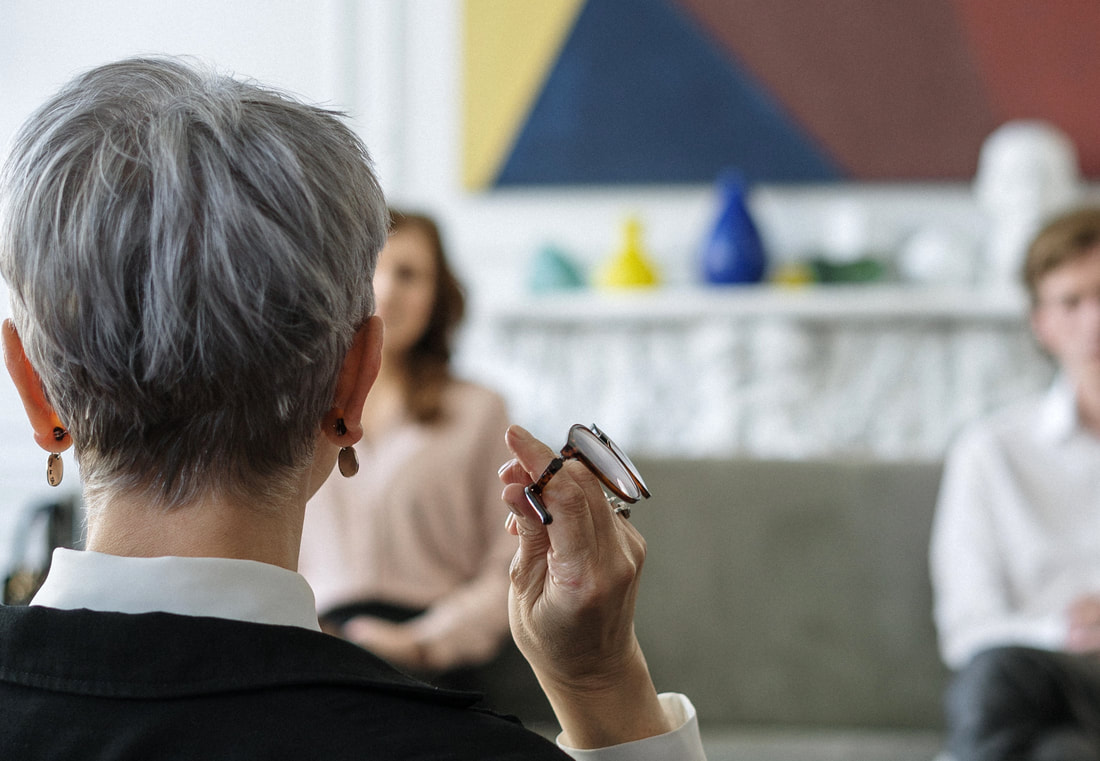
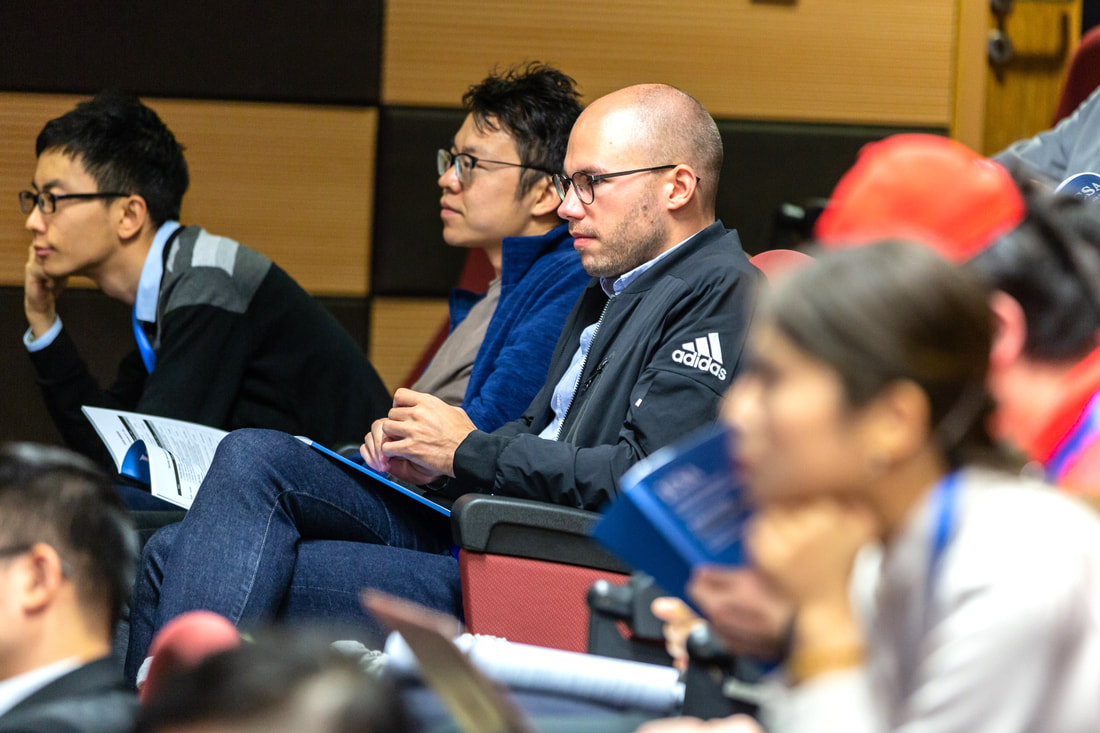

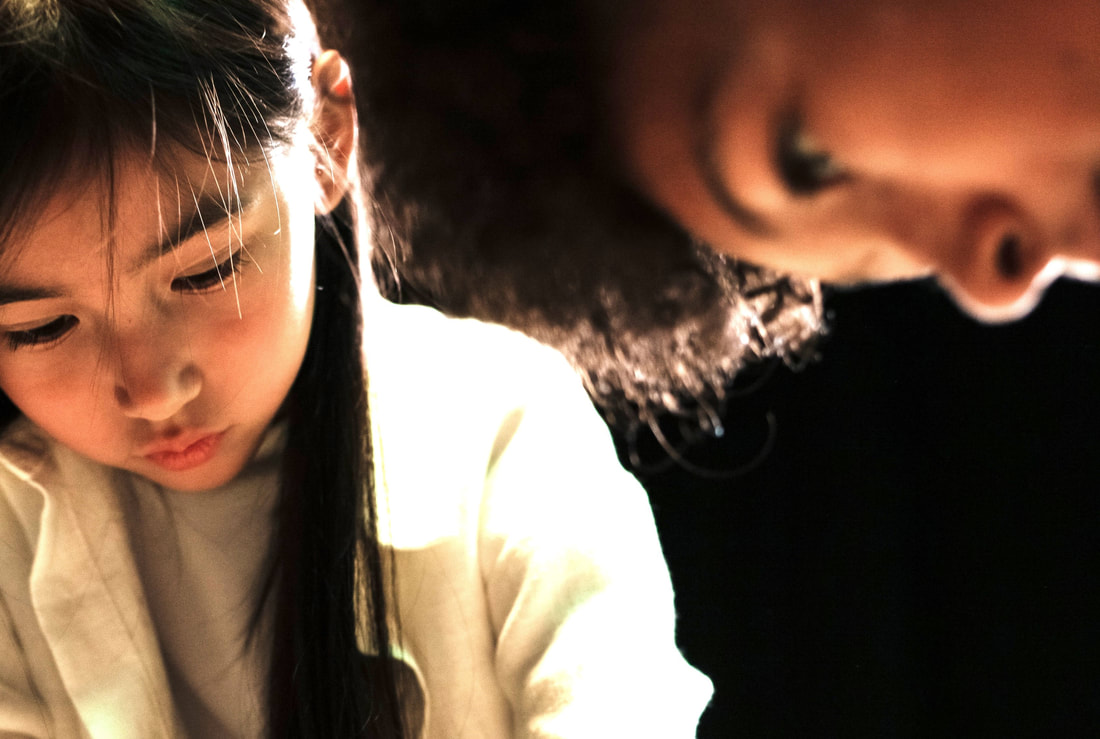
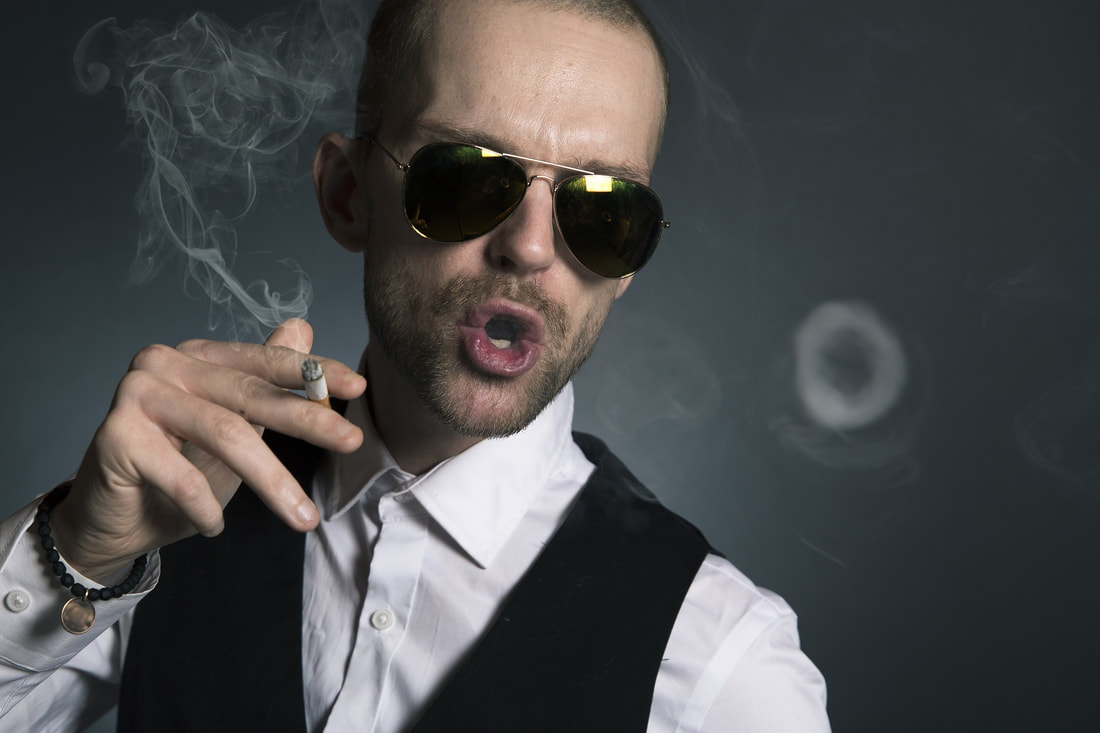

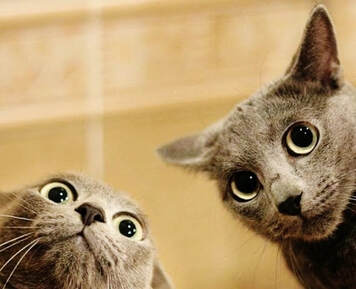



 RSS Feed
RSS Feed